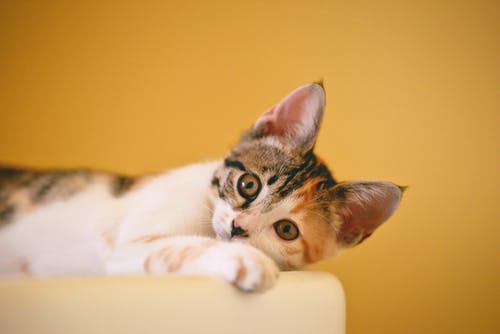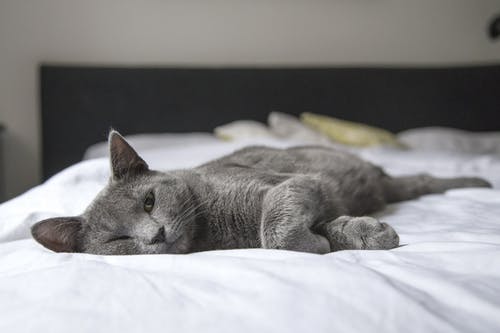FIV-positive cats are ordinary in animal shelters and rescues, so chances are you’ve seen one there. Cats infected with FIV are generally kept separate from the rest of the household and should be placed in homes with other FIV-positive cats or families without other pets. Simply put, what does the acronym FIV represent? When a cat is FIV-positive, what does it signify for the feline?
Understanding the Truth About Feline Immunodeficiency Virus
The feline immunodeficiency virus (FIV) is a virus that is distinct from the cat family. Since it weakens the immune system and there is no treatment, it is similar to HIV (the human immunodeficiency virus, which causes AIDS in people). FIV was first found in cats in the 1980s, and it has since spread around the world. Regardless of its occurrence in people, the illness hardly impacts cats. Only a small percentage of infected cats (between one and five percent) may show signs and symptoms.
Nevertheless, like with HIV, being detected with FIV is not a “death sentence,” as some have insisted. However, if it remains unattended or undiscovered, it can negatively affect your cat’s health and quality of life. Whether you have a cat that has been detected with FIV or are thinking about adopting an FIV-positive cat, here are some points to keep in mind.
There is no FIV vaccine available right now.
In the past, a vaccination was available to protect against some strains of FIV, but it was ineffective in areas where unprotected virus variants were much more common. FIV vaccine leads cats to acquire FIV antibodies, which is a good thing; nevertheless, these antibodies would cause false-positive testing for FIV, which is horrible.
Several baseless euthanasias were the outcome of this. Ensure your cat is vaccinated by pet hospitals like Providence Animal Hospital Charlotte against other infections and illnesses as a final preventative measure.
FIV is more commonly found in outdoor cats.
Male cats, in particular, can be pretty aggressive when squabbling over territory in the wild. Consider neutering your male cat if they want to go outdoors: This reduces the possibility of a fight. In addition to lowering animal shelter overcrowding, neutering and spaying cats have numerous other benefits. If you want to have your cat neutered or spayed, you can visit a veterinary surgeon to have the procedure done.
FIV is an infection that lasts a lifetime.
FIV is currently incurable. As long as the cat has been affected, they will remain infected for the rest of their lives. However, it is unknown if all cats contaminated with the virus would grow ill. It might take weeks, months, or perhaps years for a cat to begin showing symptoms of FIV infection.
FIV-positive cats need to be kept indoors as much as possible to prevent the spread of the virus and associated conditions. Feeding them a particular diet to avoid the risk of foodborne bacterial or parasitical ailments, and having standard wellness checks, twice a year with a veterinarian from animal hospitals like animal hospital Charlotte NC to analyze their overall health and spot issues early.
Bottom Line
Cat owners should keep their pets inside and away from other cats to prevent the spread of FIV. Breeding cats should be evaluated yearly before introducing new cats to an FIV-free colony. All FIV-positive cats must be removed from the area and checked once again in three to six months to see if the infection has spread to the other cats.






